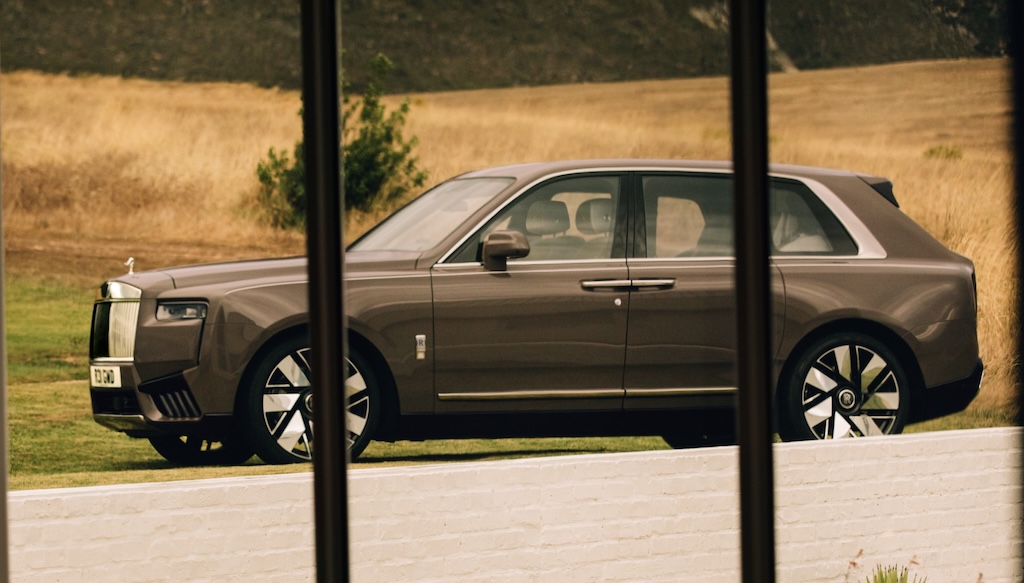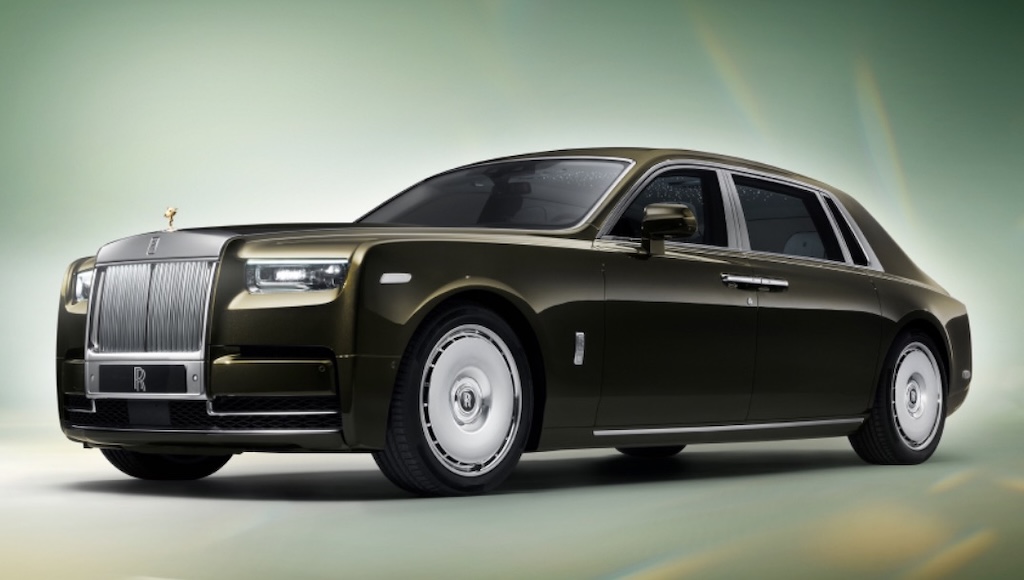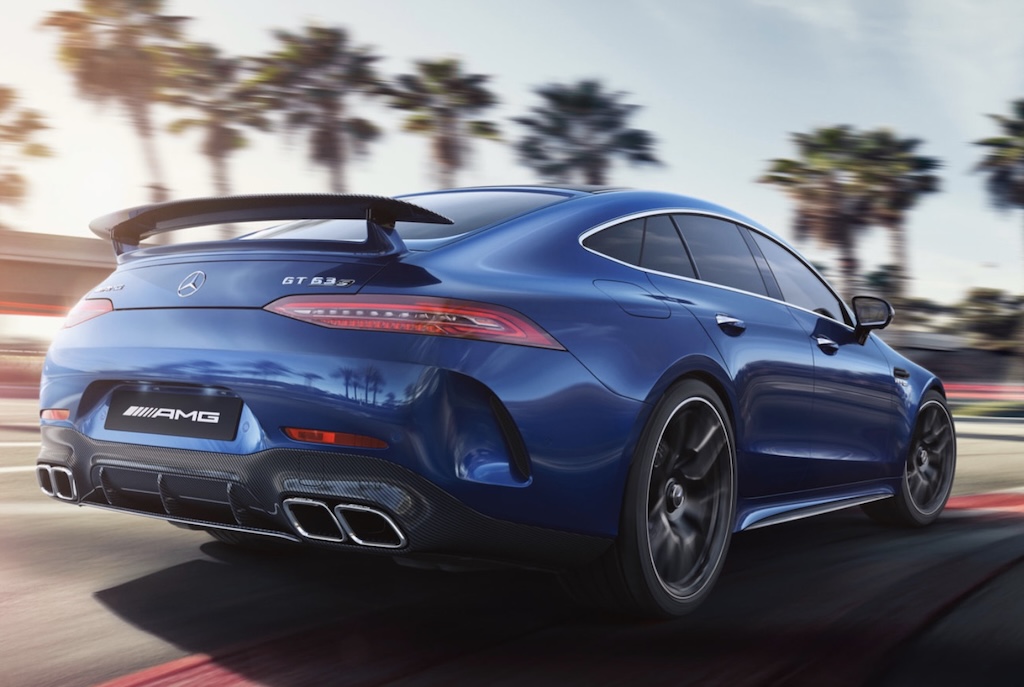BBA under pressure! The latest regulations confirm: tariffs on large-displacement imported vehicles will be further increased
![]() 10/12 2024
10/12 2024
![]() 444
444
Recently, a statement from the Ministry of Commerce has stirred up waves: China is considering raising tariffs on imported large-displacement gasoline vehicles. This decision has quickly become the focus of public discussion. In this context, raising tariffs on large-displacement gasoline vehicles is not only an adjustment of economic policy, but also a reflection of China's commitment to environmental protection and sustainable development.
Amidst the severe global climate change, environmental protection has become a global consensus. In China, the contradiction between the economic benefits and environmental impacts of gasoline vehicles, especially large-displacement models, has become increasingly prominent. Raising tariffs may be an effective means to curb the growth of large-displacement gasoline vehicles and promote the popularization of new energy vehicles. This is worth our in-depth discussion.

Image from Rolls-Royce official website
It is estimated that China's vehicle ownership has exceeded 300 million, with gasoline vehicles still accounting for the majority. Large-displacement models have won the favor of consumers with their powerful engines and superior driving experience, but their high emissions have also caused serious environmental pollution problems. Today, with low-carbon development becoming a global trend, this issue prompts many countries to consider ways to reduce the consumption of traditional gasoline vehicles.
Relevant data indicates that Europe exports passenger cars with displacements above 2.5 liters to China at a trade value of up to US$18 billion annually, exceeding the amount that China exports electric vehicles to Europe. Although the statement does not specifically mention Europe, we know that many large-displacement gasoline vehicles, such as Porsche, Mercedes-Benz AMG, BMW M Power, Bugatti, Rolls-Royce, and other brands and series, mostly come from Europe.

Image from Rolls-Royce official website
From an economic perspective, raising tariffs may increase consumers' car purchase costs in the short term, but in the long run, it may promote the transformation and upgrading of the entire automotive industry and drive the popularity of greener and more sustainable modes of transportation. This will not only help reduce environmental pressure but also promote high-quality economic development.
Facing future development, consumers need to closely monitor market dynamics and choose environmentally friendly vehicle models based on policy changes and product performance. Automakers also need to increase investment in research and development in the field of clean energy vehicles to occupy a favorable position in future market competition.

Image from Mercedes-Benz official website
In this era of climate change and sustainable development, raising tariffs on imported large-displacement gasoline vehicles is clearly a crucial move. On the other hand, it also helps promote the development of domestic new energy vehicles, including high-performance electric sports cars, into which brands like BYD have ventured.
Furthermore, the audience for large-displacement gasoline vehicles is inherently limited. After all, in China, large displacement equates to high cost, including both displacement taxes and luxury car taxes. In contrast, new energy vehicles not only do not require these fees but also receive corresponding subsidies and policy preferences, creating a significant competitiveness gap between the two.
Source: Leitech






